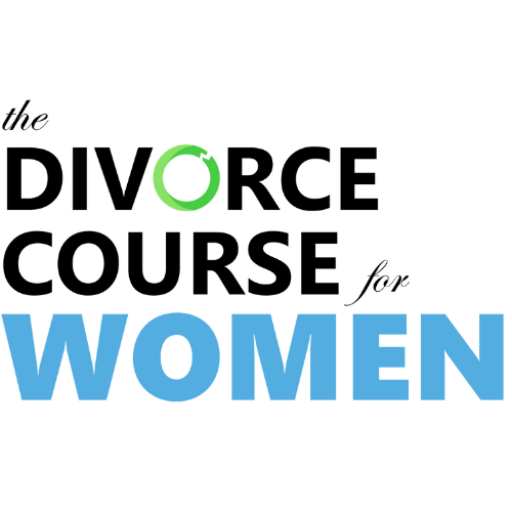
This week we are welcoming David Consigli, a Certified Public Accountant. David is a partner with FAZ CPAs, where he works on business valuation and forensic accounting. David is specifically interested in divorce for business owners.
In a previous episode with David Kellem, we addressed some of the intricacies of determining income. The Massachusetts Child Support Guidelines contain a long list of income sources that can be considered for child support calculations and provide guidance in some ambiguous cases.
Income for business owners is more complicated because it can be more fungible. Whereas an employee gets a W2 annually that determines their income in the past year, it is different for the business owner.
Business owners can get paid in several different ways depending on the organization type of the business, whether it is a C corporation, an S corporation, an LLC or sole proprietorship, or a partnership. Income can come in the guise of a salary, but not always. Income will usually include dividends, profit sharing, and also benefits.
For example, cell phones used for business are usually paid for by the business but are also used for personal purposes. Sometimes, the list of items paid for by the business and used for personal purposes can be quite long. They need to be considered in the “real” income of the business owner and sometimes of the spouse.
Some expenses can also decrease income on paper, but not in fact. For example, depreciation on equipment or buildings allows the owner to factor expenses that do not cost cash and reduce taxes on other income. However, these expenses have to be added back to the income of the business and the business owner.
It’s easy to see at this point how delicate and time-consuming it can be to figure out income for business owners. You will find this discussion with David Consigli genuinely enlightening. Join us!
